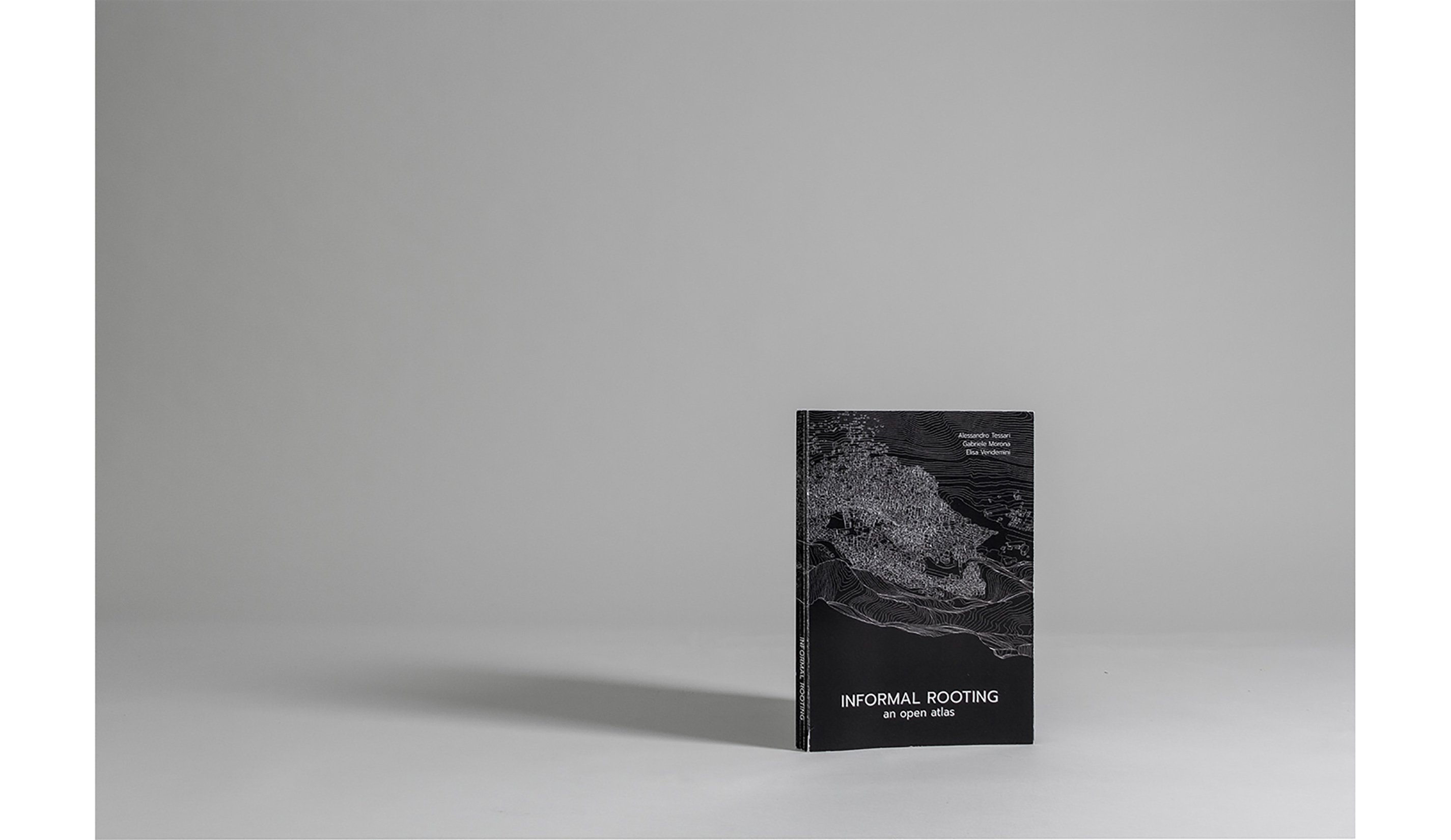

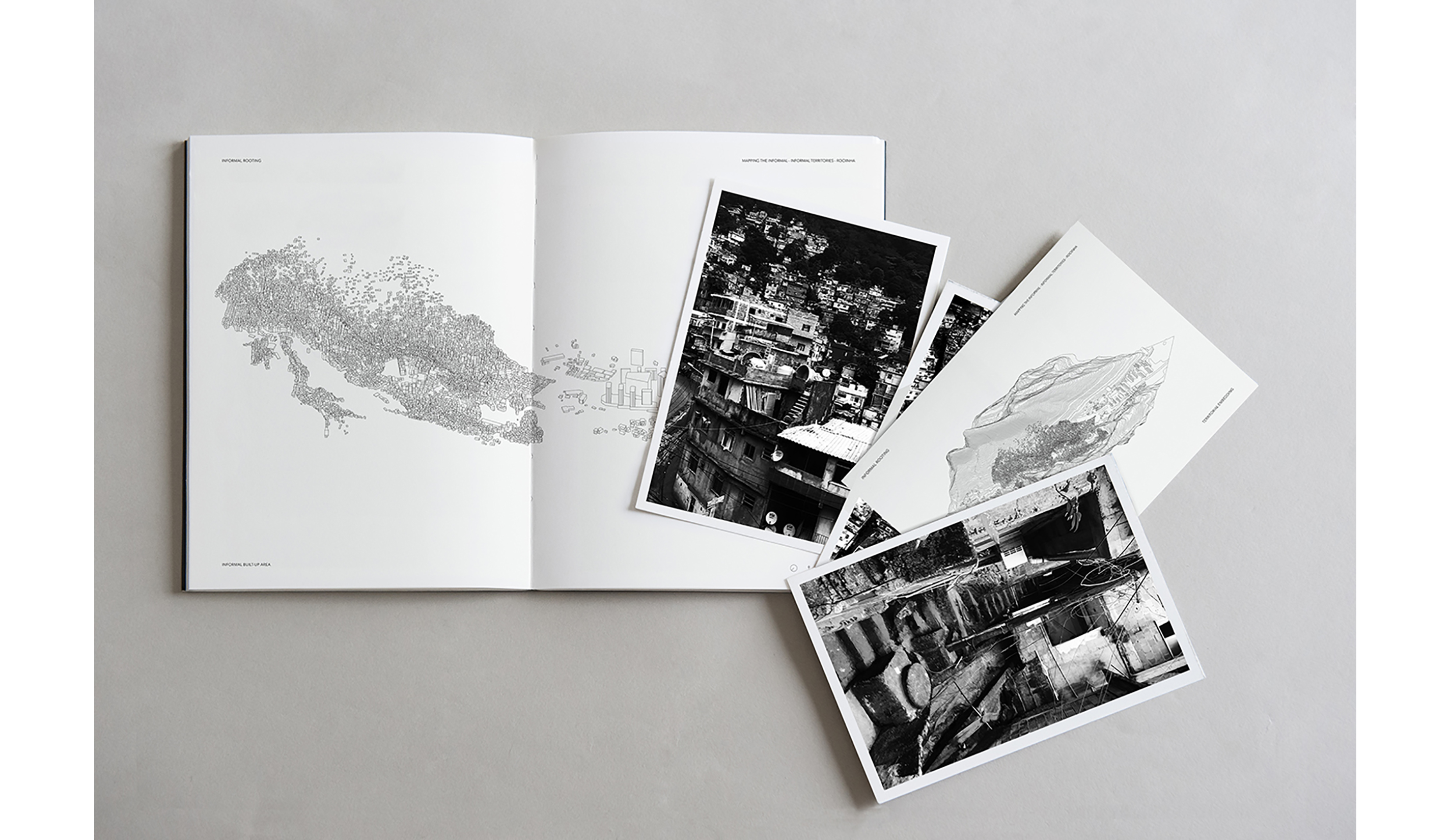
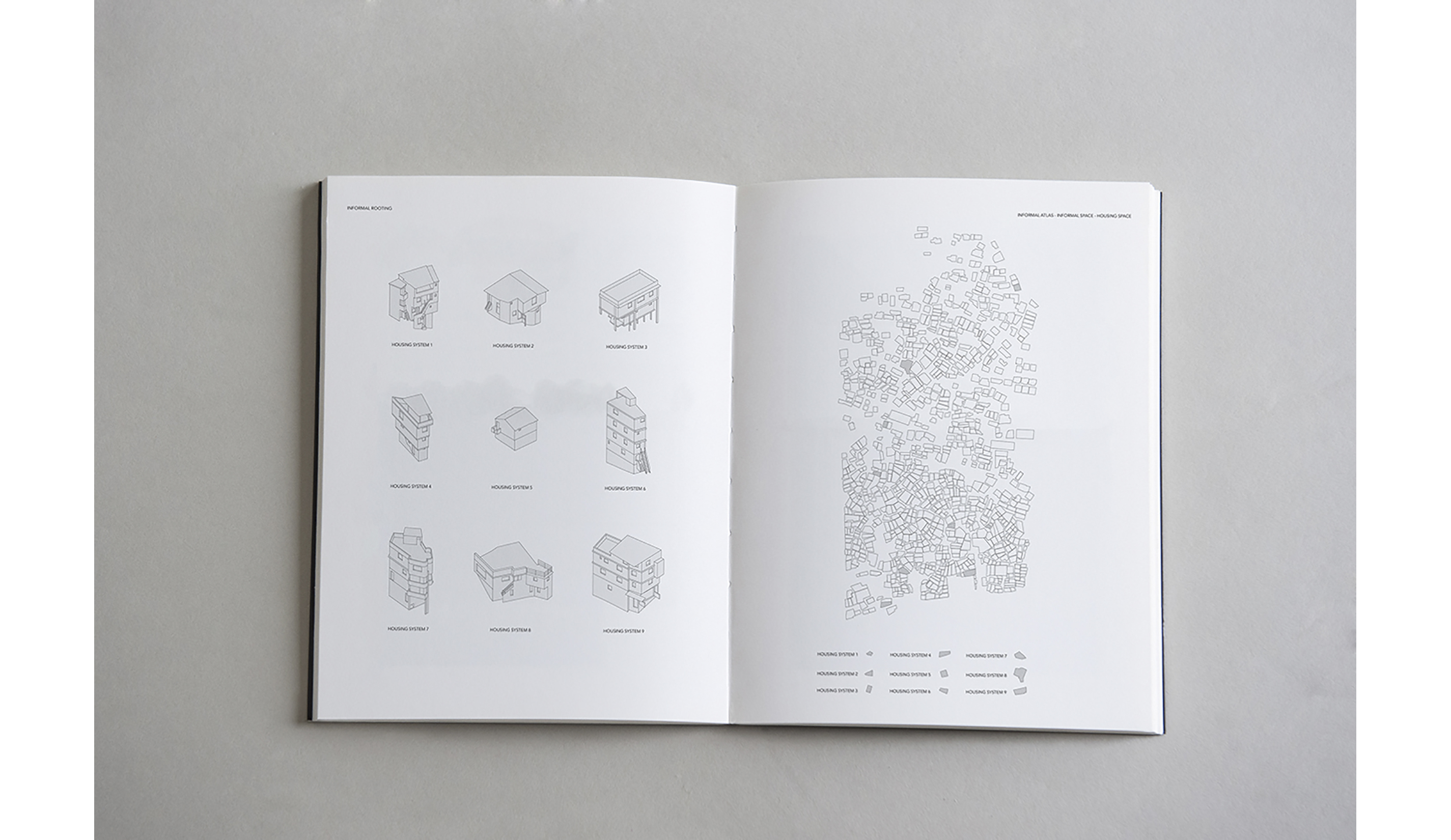
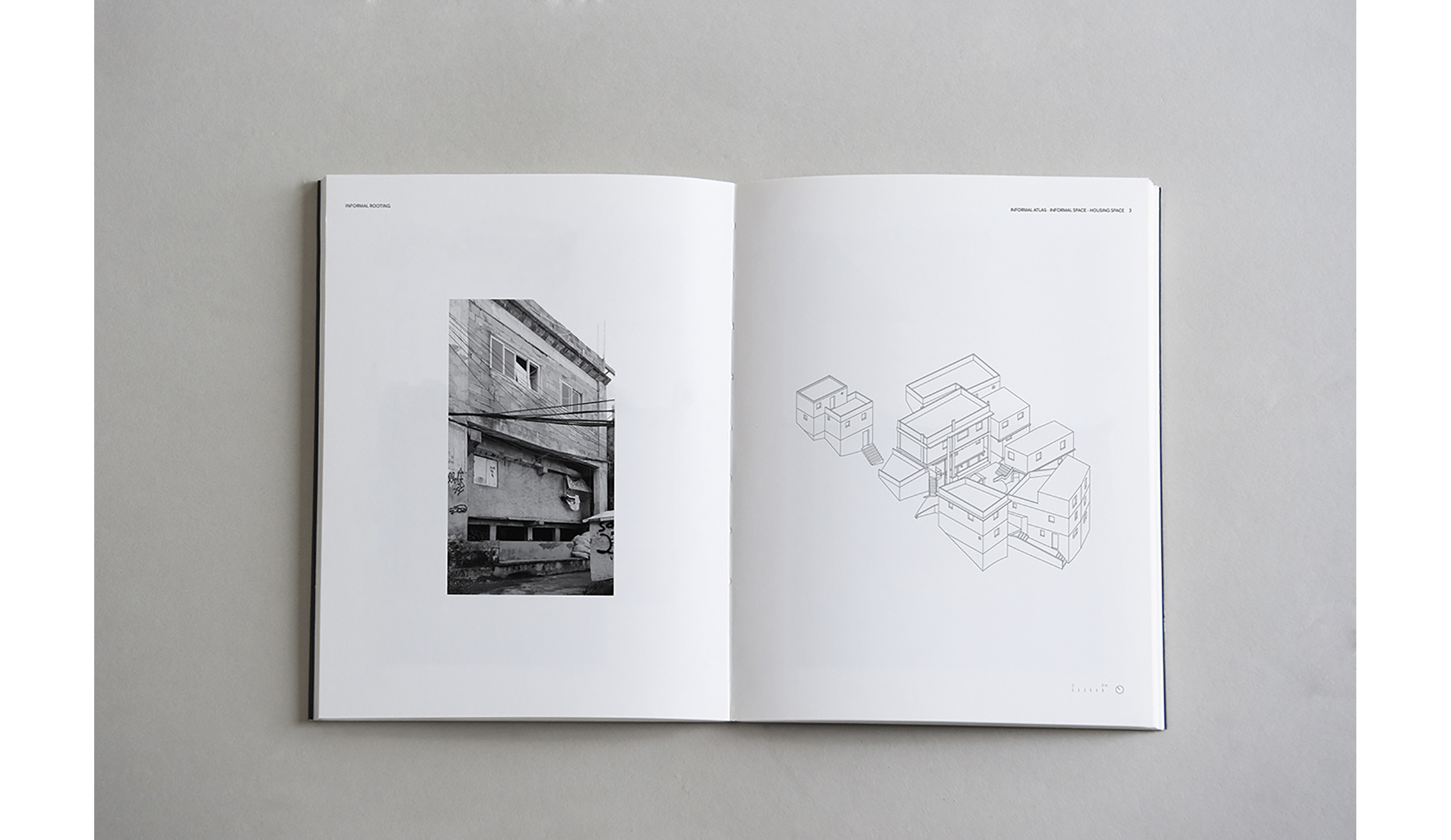
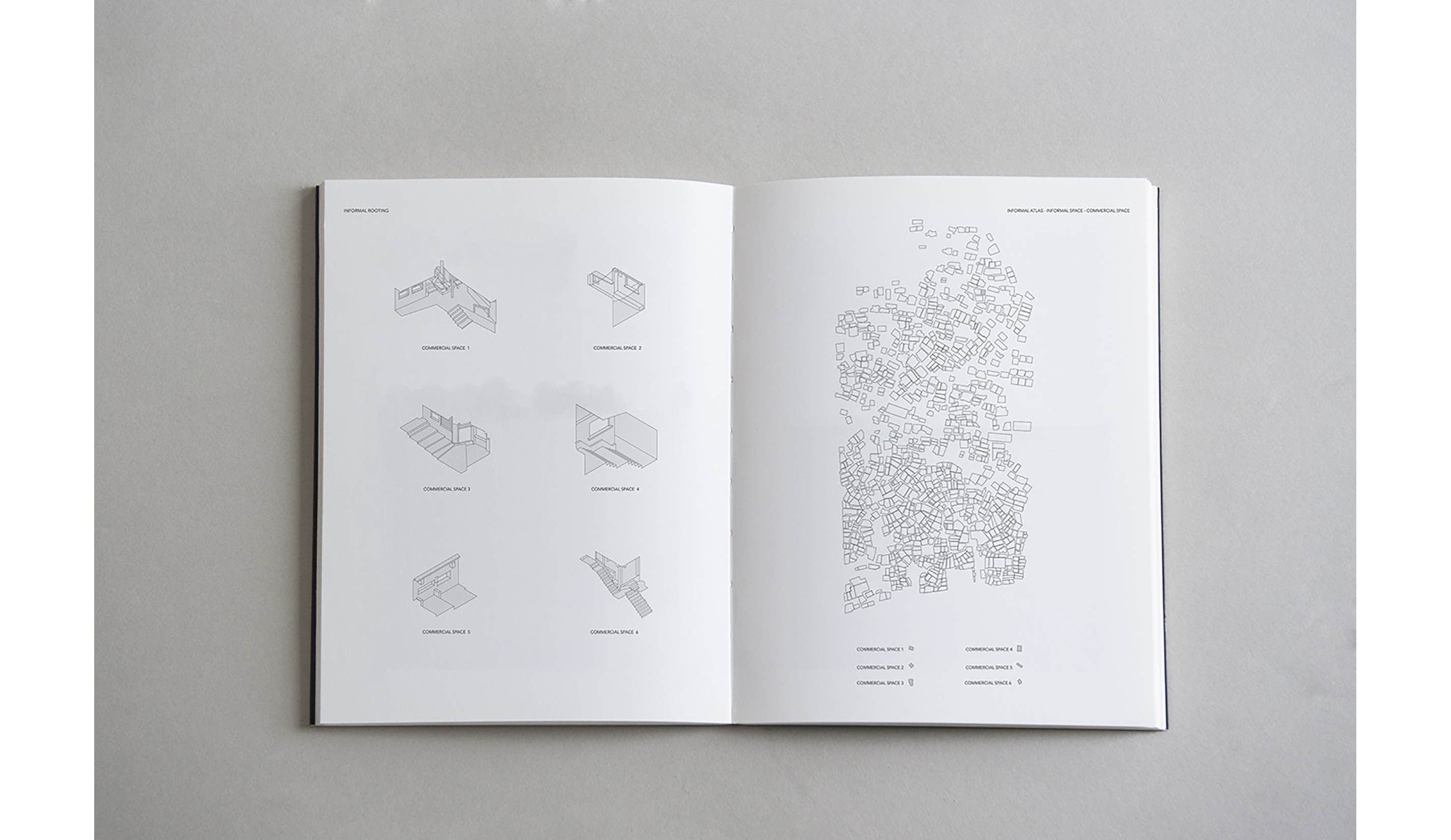
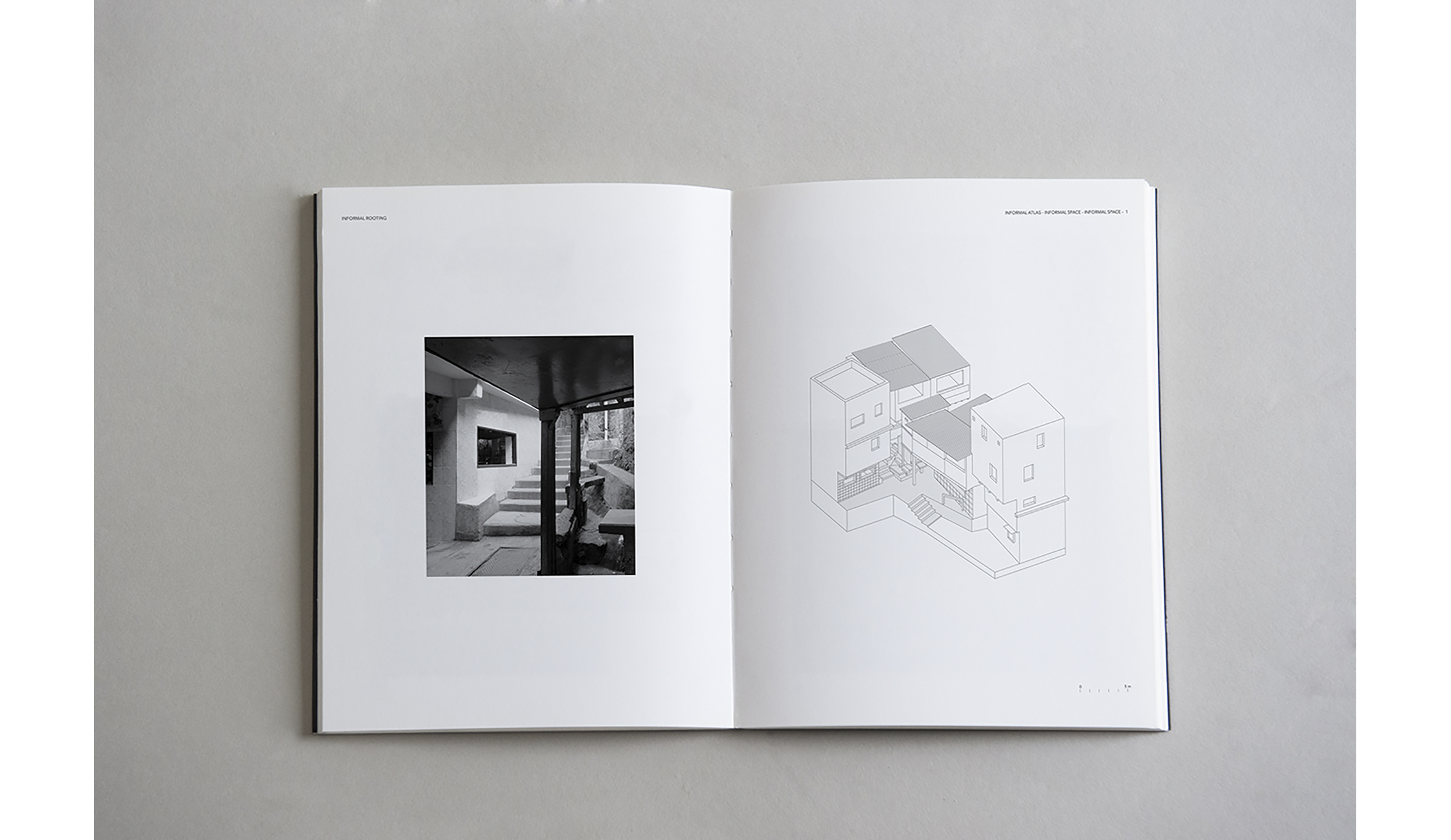
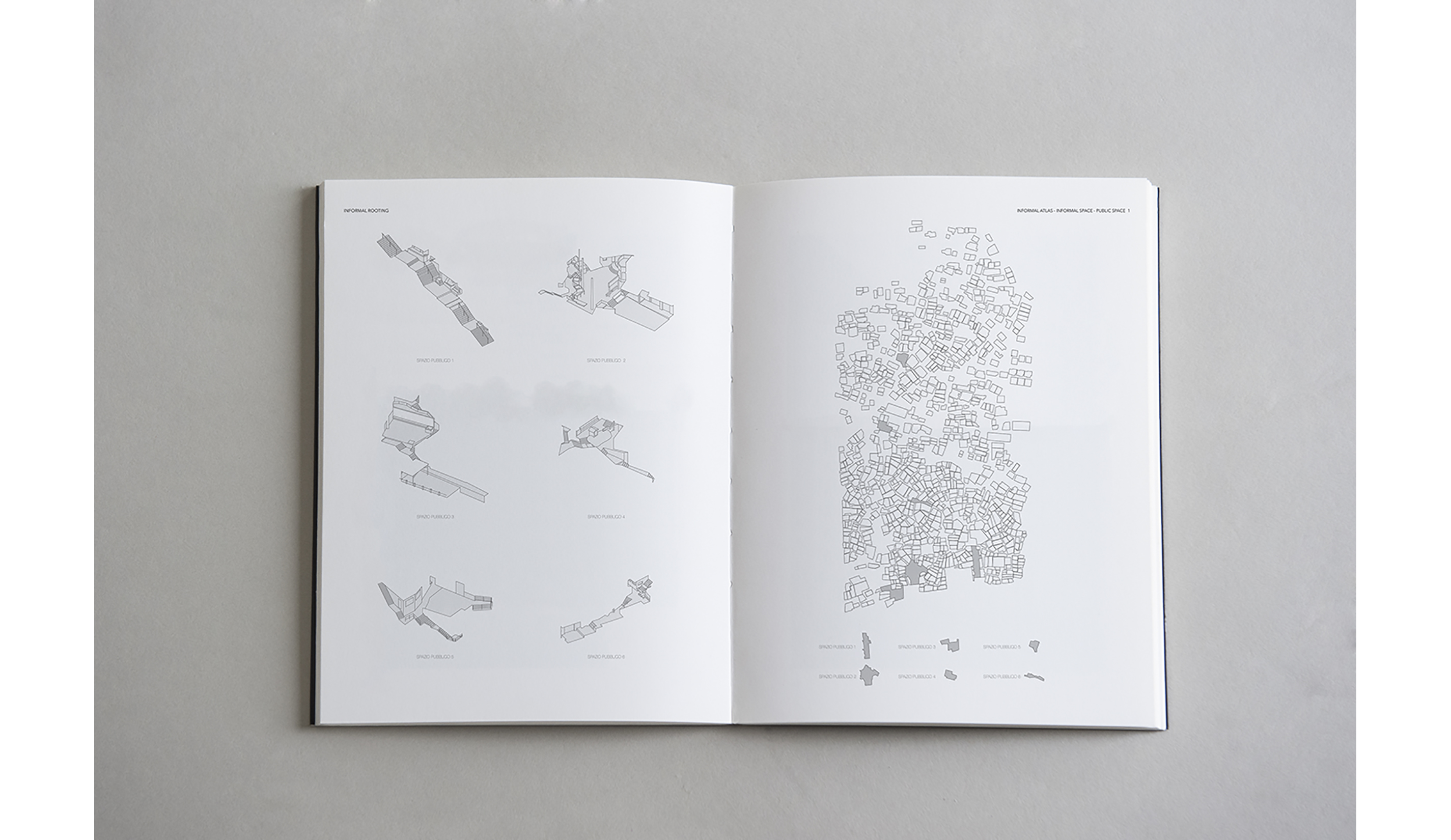
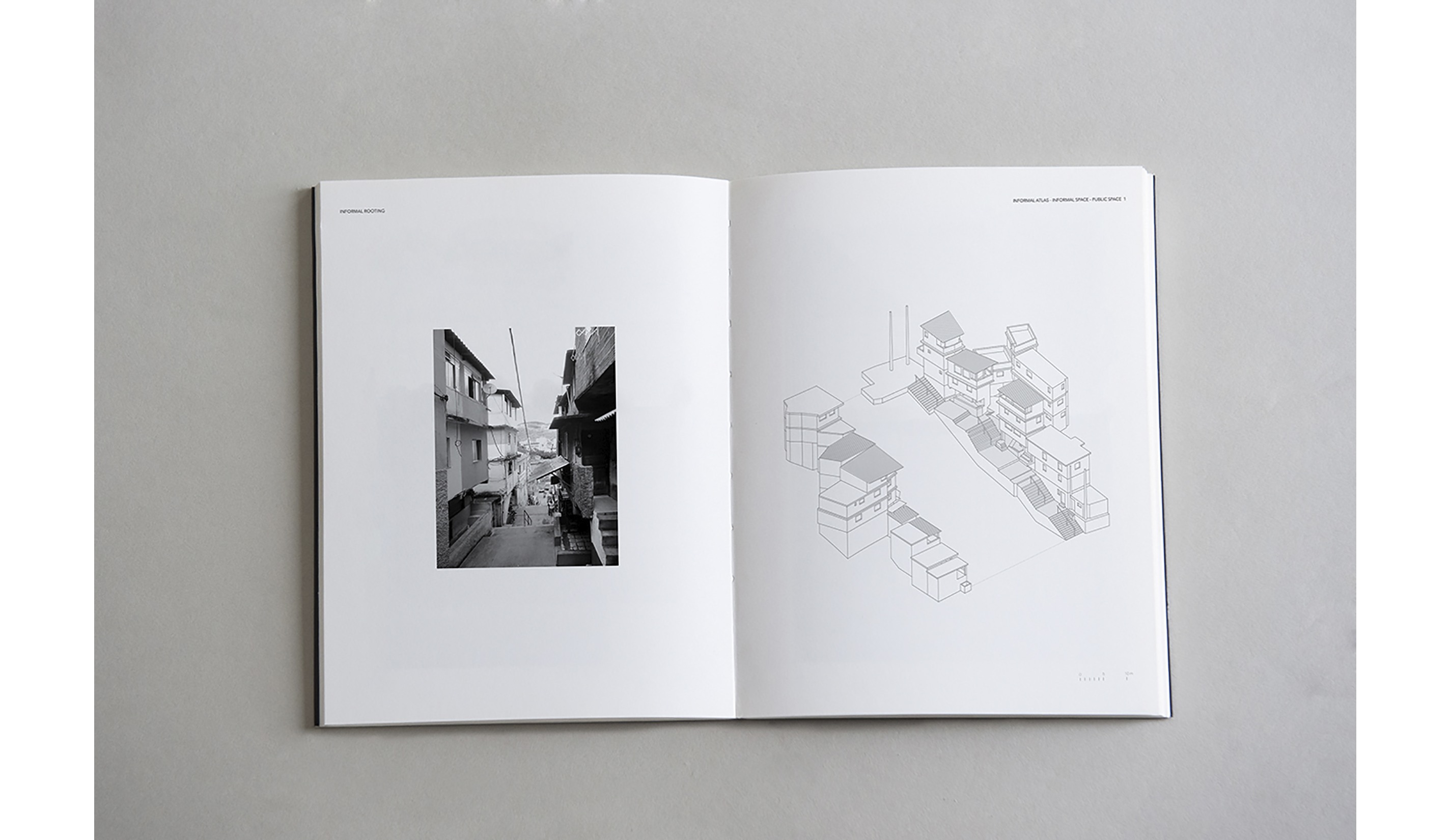



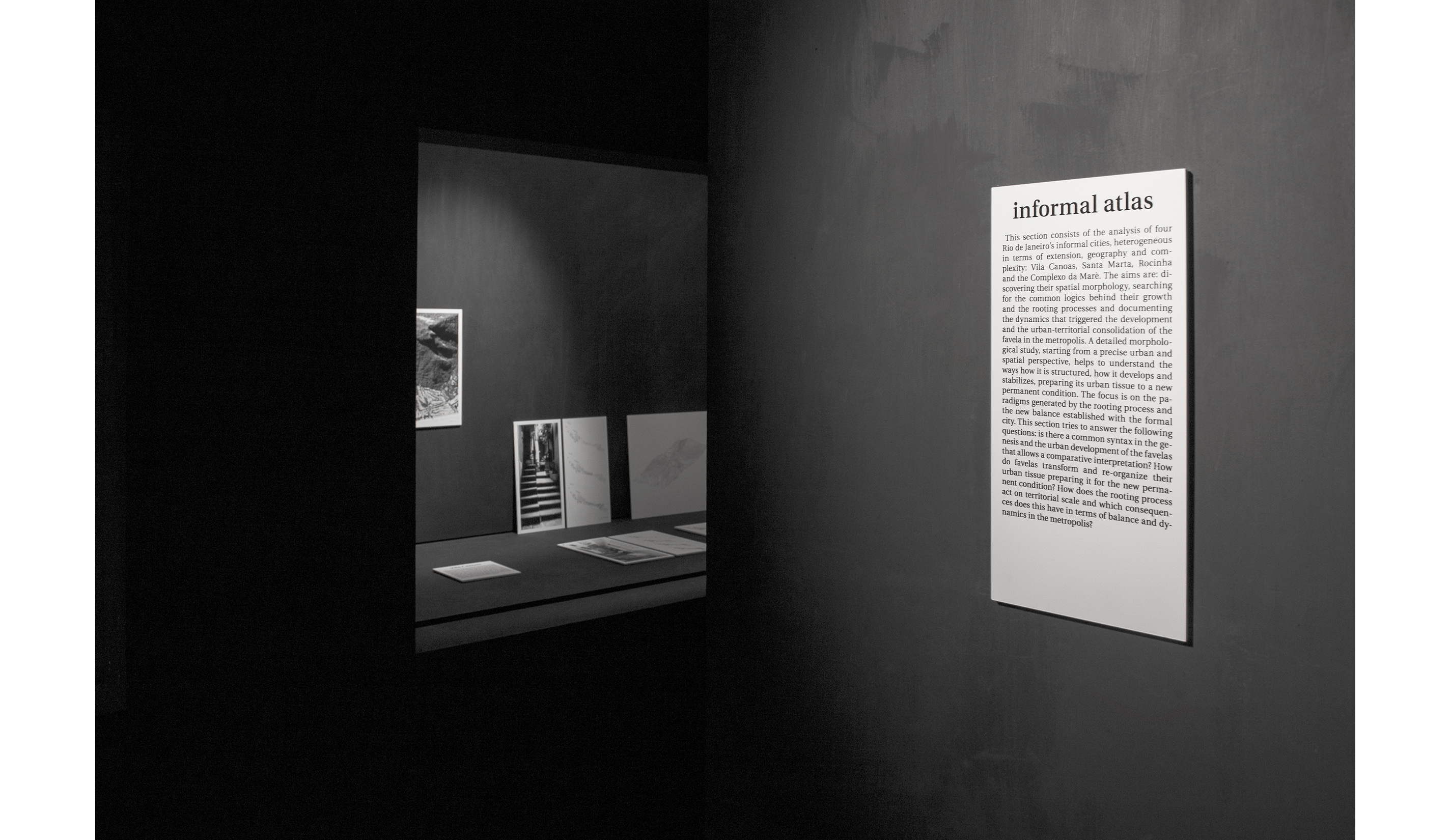
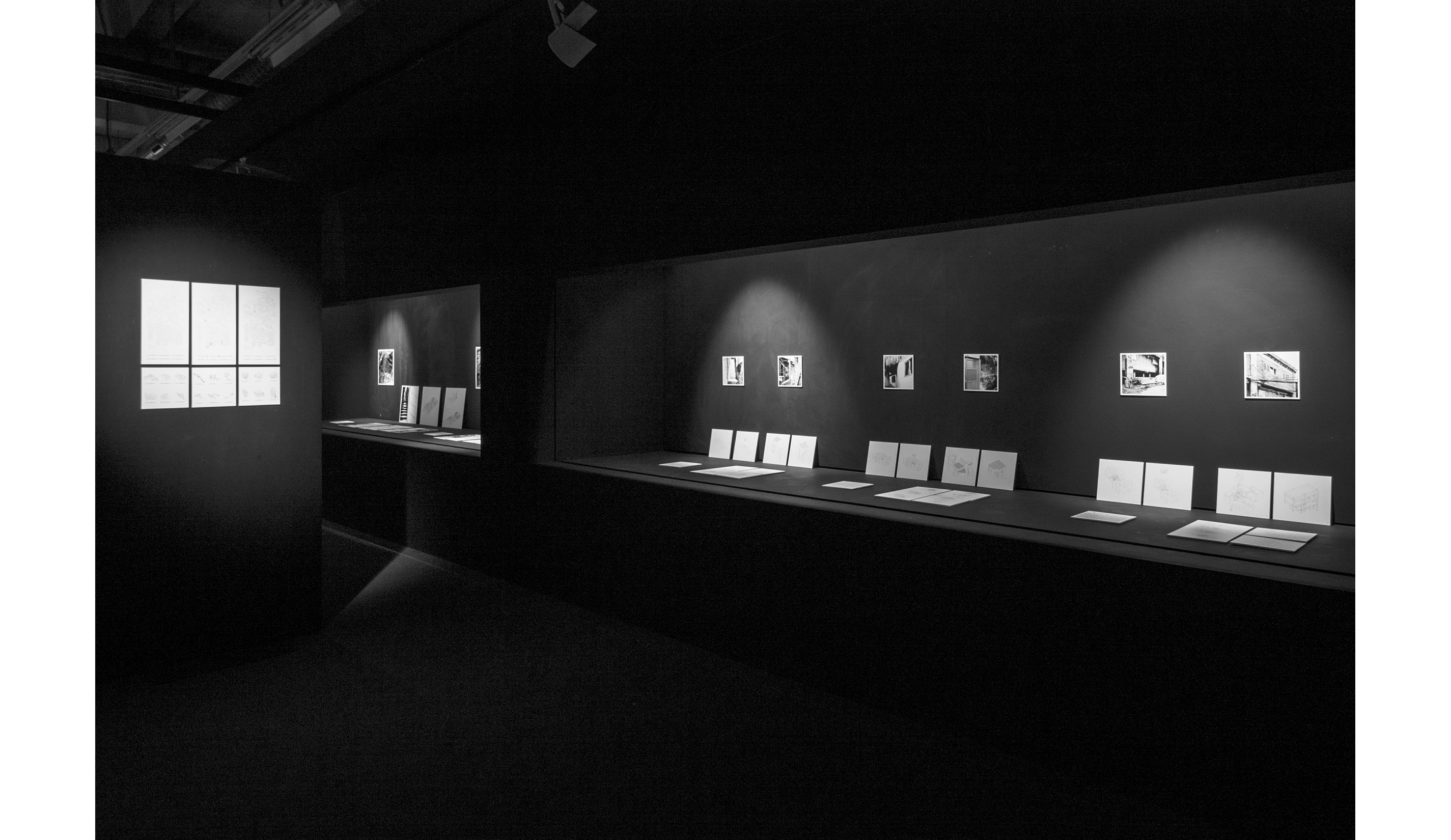
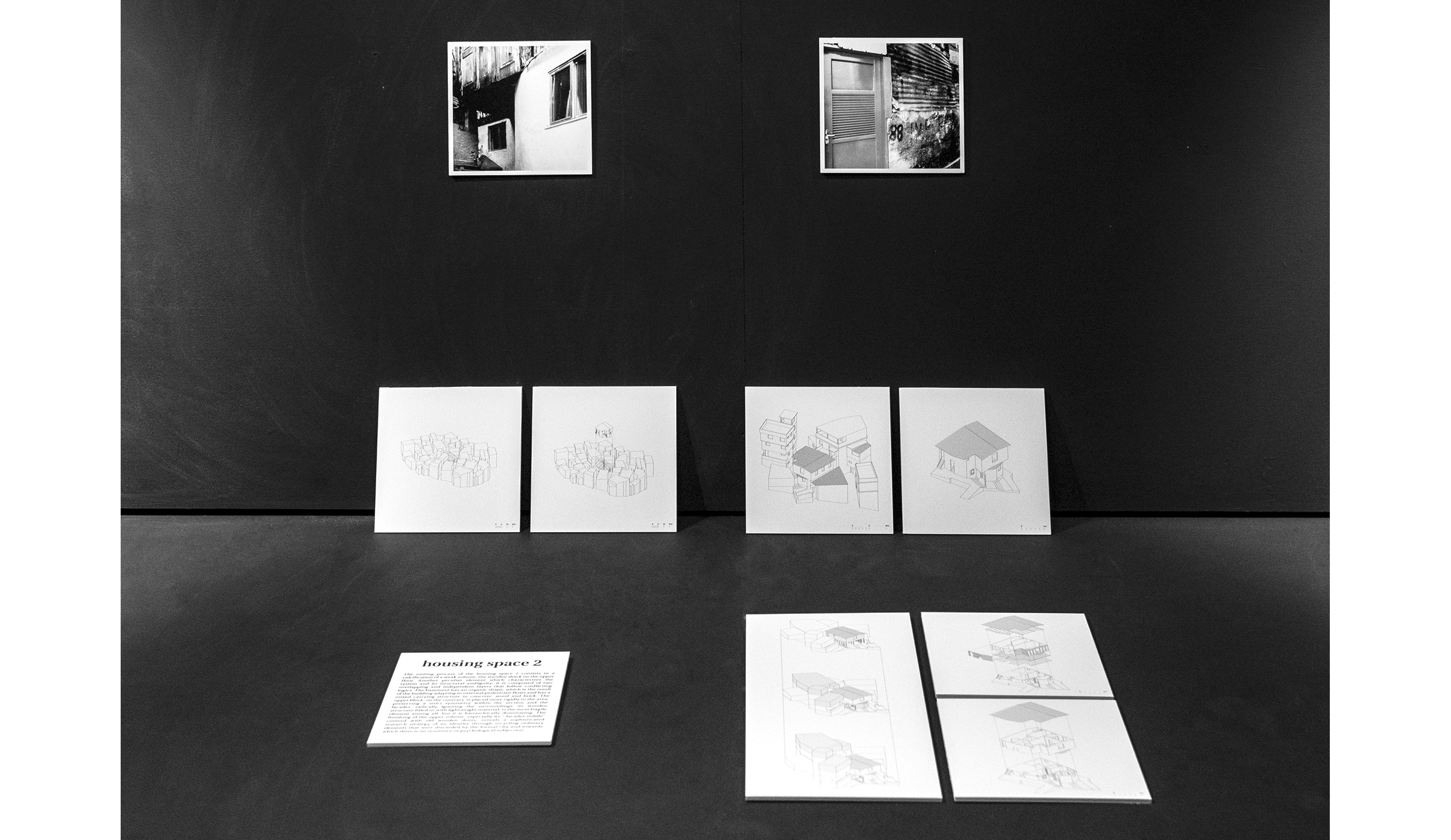
Informal rooting
This work is based on the observation that within contemporary metropolises, there is a worldwide rooting process of informal cities which are structured around themselves and persist; they settle in the collective imagery producing a new social-cultural mutation. This paradigm shift is more and more triggering processes of “non-replacement” which can also be observed on the physical pattern of these settlements that begin to mutate and adapt to the logic of stabilization and reorganization. This work is intended to deal systematically and accurately with the interpretation of this phenomenon, analyzing in morphological terms the urban tissue of four favelas in Rio de Janeiro, a favorable context from which the informality can be observed. After having traveled across these territories for a long time, after having observed them, surveyed the land, mapped them, redrawn them, they are analyzed on a territorial scale, in order to explore the incidence of the rooting process on the metropolis, and on a spatial scale, in order to detect and understand the syntax of the evolution and the micro-transformation of their urban tissue. The basic idea is to observe these territories, not yet explored, with the accuracy required by scientific literature, through the “eyes of the architect”, overcoming the wall of the unknowable represented by the hyper-complexity, the marginalization and the difficulty to access these territories. The aim is to create a specific and new “informal catalog” that gathers the heritage of actions, forms and urban spaces created “within the rooting process”, and that can be used to accurately know and interpret the informality.
project team: Alessandro Tessari
partner institutions: IUAV of Venice, Italy. FAU-UFRJ of Rio de Janeiro, Brazil
date: 2011.08 - 2017.01
website: www.informalrooting.com
client: Archartable